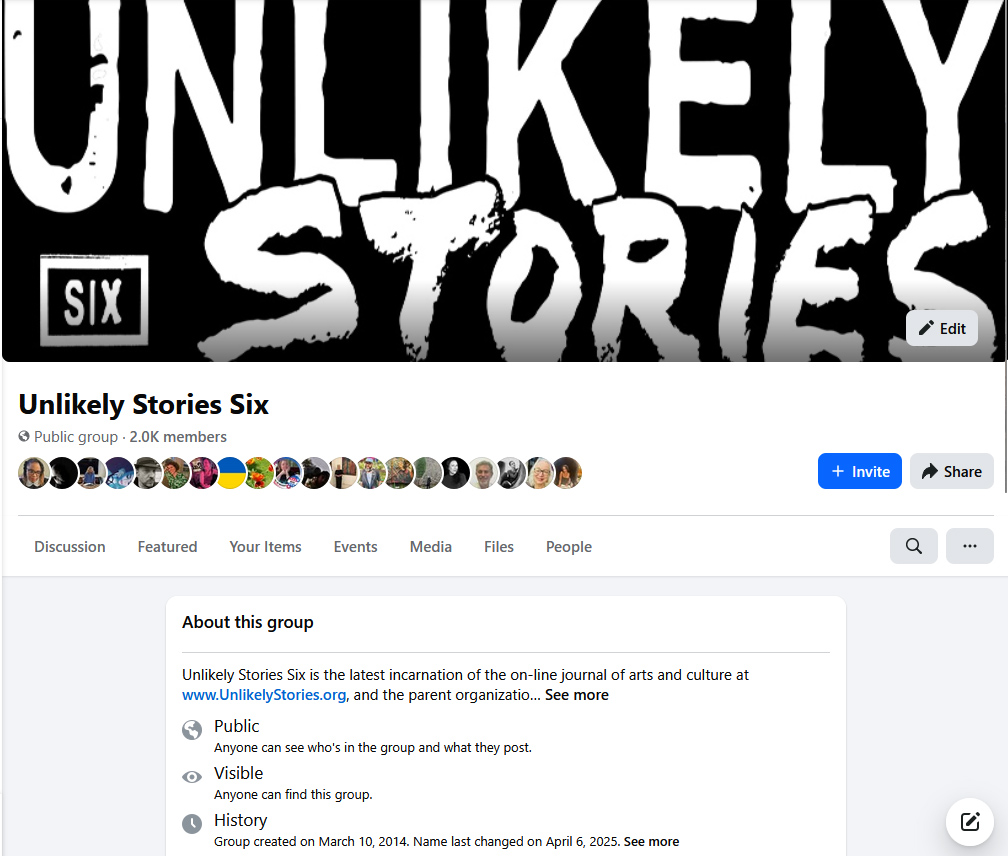by Titoxz
Stepping onto the university campus felt like entering a new realm—lush lawns, stately buildings, energetic crowds. At least outwardly, everything was a stark contrast to our hometown’s slump. Yet behind the façade, I detected a manic preoccupation with “careers” and “networking,” concepts I found vague and vaguely repellent. Most students seemed bent on forging bulletproof résumés. Yet I discovered a sanctuary in the library’s enormous archives of journals and manuscripts devoted to sociology, philosophy, and critical theory. Academic language, dense though it was, validated the suspicion that modern institutions—religion, law, capitalism—were elaborate constructs of control.
Igor, on the other hand, found every reason to adore the corporate side of campus. The business department dazzled him with seminars on analytics, marketing, and leveraging markets. We tried maintaining our old tradition—meeting up to gripe about the superficial parties, the fraternities fueled by cheap beer, the clubs worshipping LinkedIn profiles as if they were totems. But tension seeped in. Igor’s conversation shifted; it brimmed with the excitement of “ethical marketing” or “policy synergy.” I was reading Adorno, Horkheimer, and Marcuse—finding affirmation that Western capitalism was a ravenous monster, devouring the public’s emotional and moral life. With each passing month, our discussions turned more pointed. He suspected I was too lost in conspiracy thinking; I suspected he was too eager to harness illusions for profit. Still, we believed our bond transcended ideological divides.
Midway into my sophomore year, I wrote a paper titled “The Manufactured Self: Capital, Cognition, and the Illusion of Autonomy.” It was a vitriolic dissection of how consumer culture conditioned desire, how corporate entities shaped us from birth through subtle conditioning. My professor was intrigued enough to invite me to present at a departmental forum. Igor showed up and posed what he considered a balanced question: “Is there truly no way to use these corporate mechanisms to advance the public good?” My response was a reflexive condemnation: “These systems feed on manipulation. You can’t repurpose them without replicating the harm. The so-called ‘common good’ would become another ad campaign.” He seemed hurt, but we parted with stilted respect.
Despite our growing distance, we shared an apartment. We still joked about cheap cafeteria food and incompetent cooking. One evening, Igor chuckled, twirling a spatula in the cramped kitchen, “At least we got out of that dead-end factory town.” I nodded, but my thoughts drifted to my mom’s unwavering faith in literature, my father’s monotone directive to keep my head low. Physically, yes, we had left. But mentally, I wasn’t sure I’d ever escape the undertow of that place. A spark of gloom lingered in me, overshadowed by the desperate hope that higher education might help me decode the world’s grand illusions.





Add comment